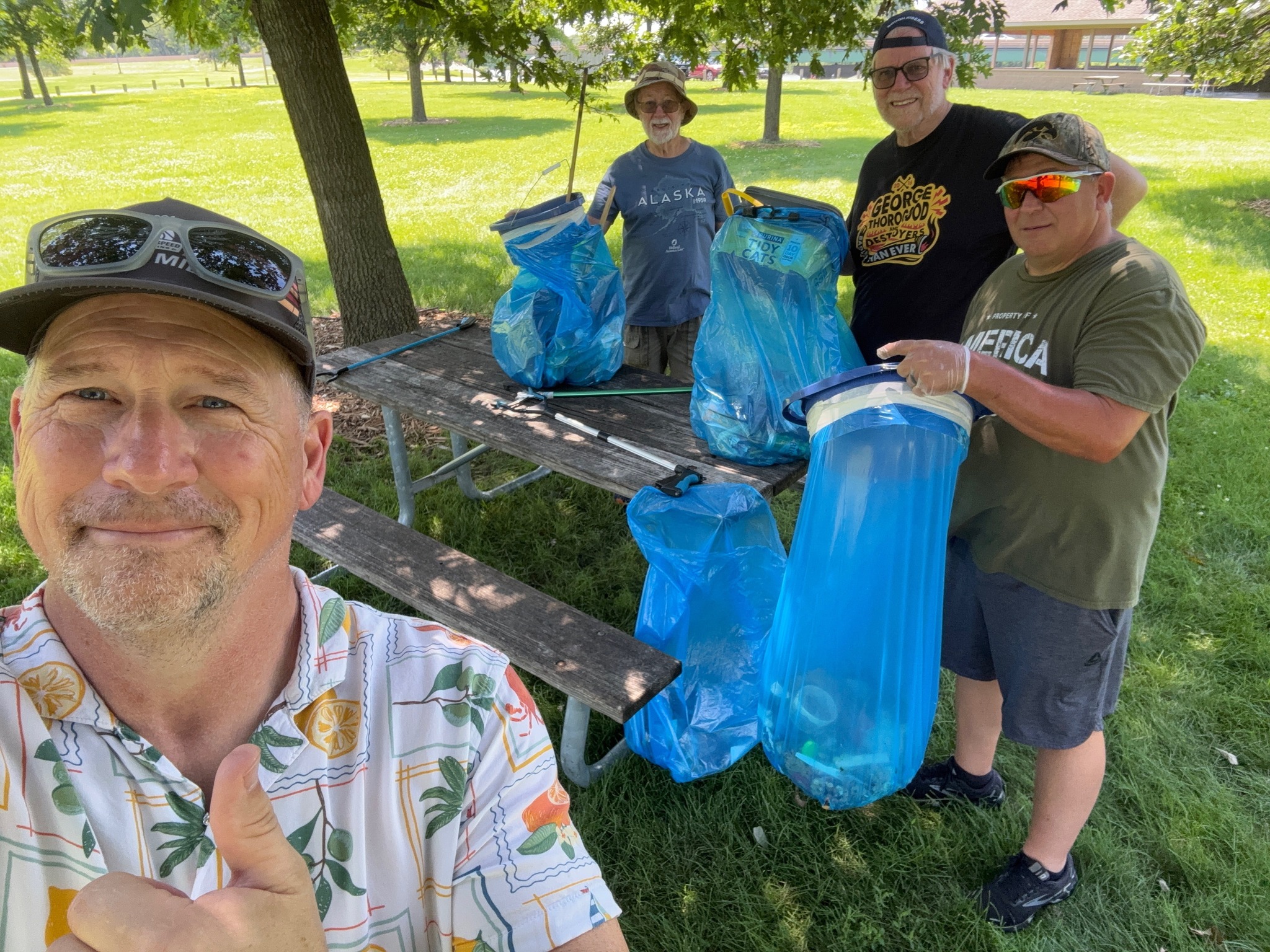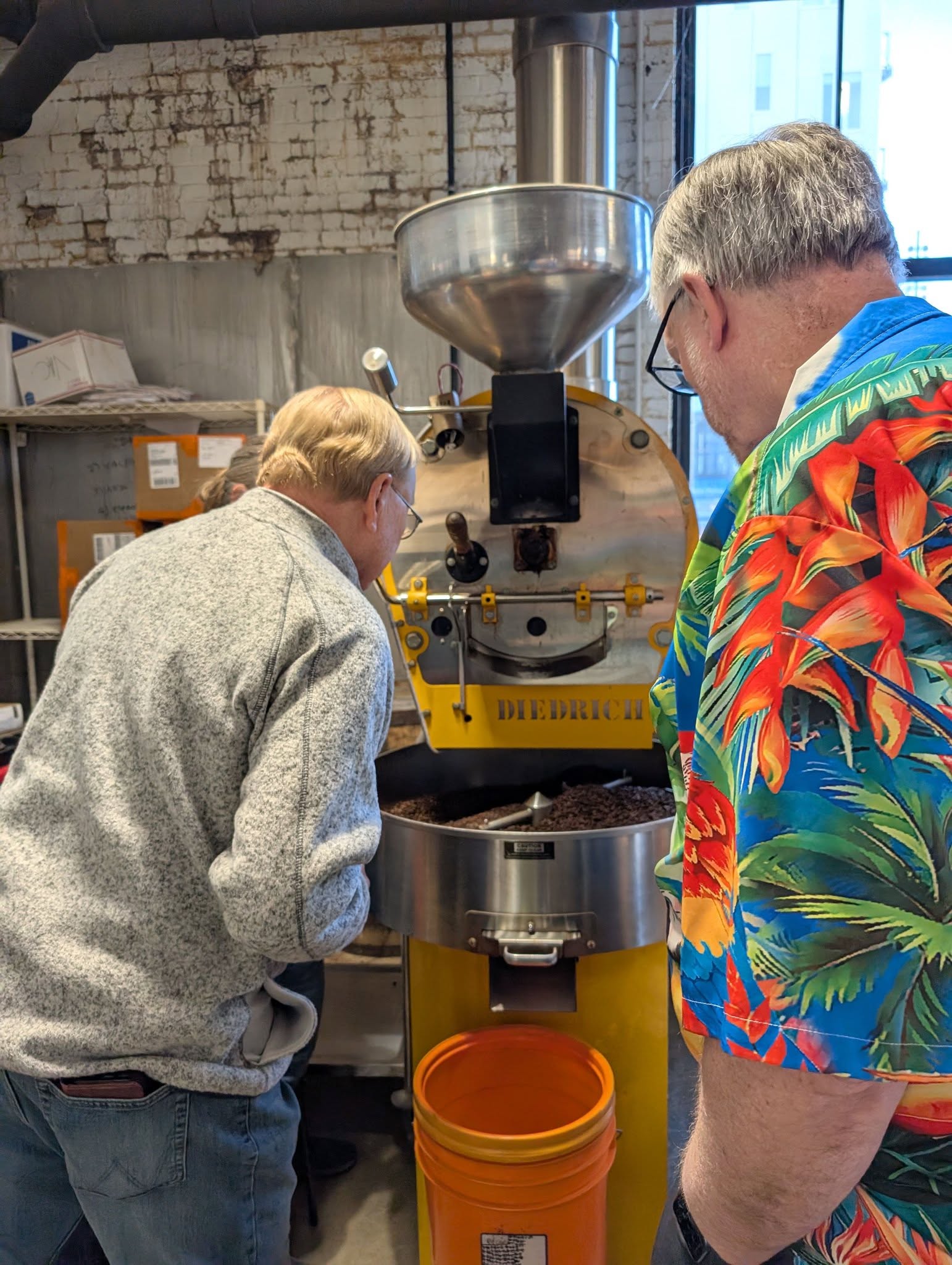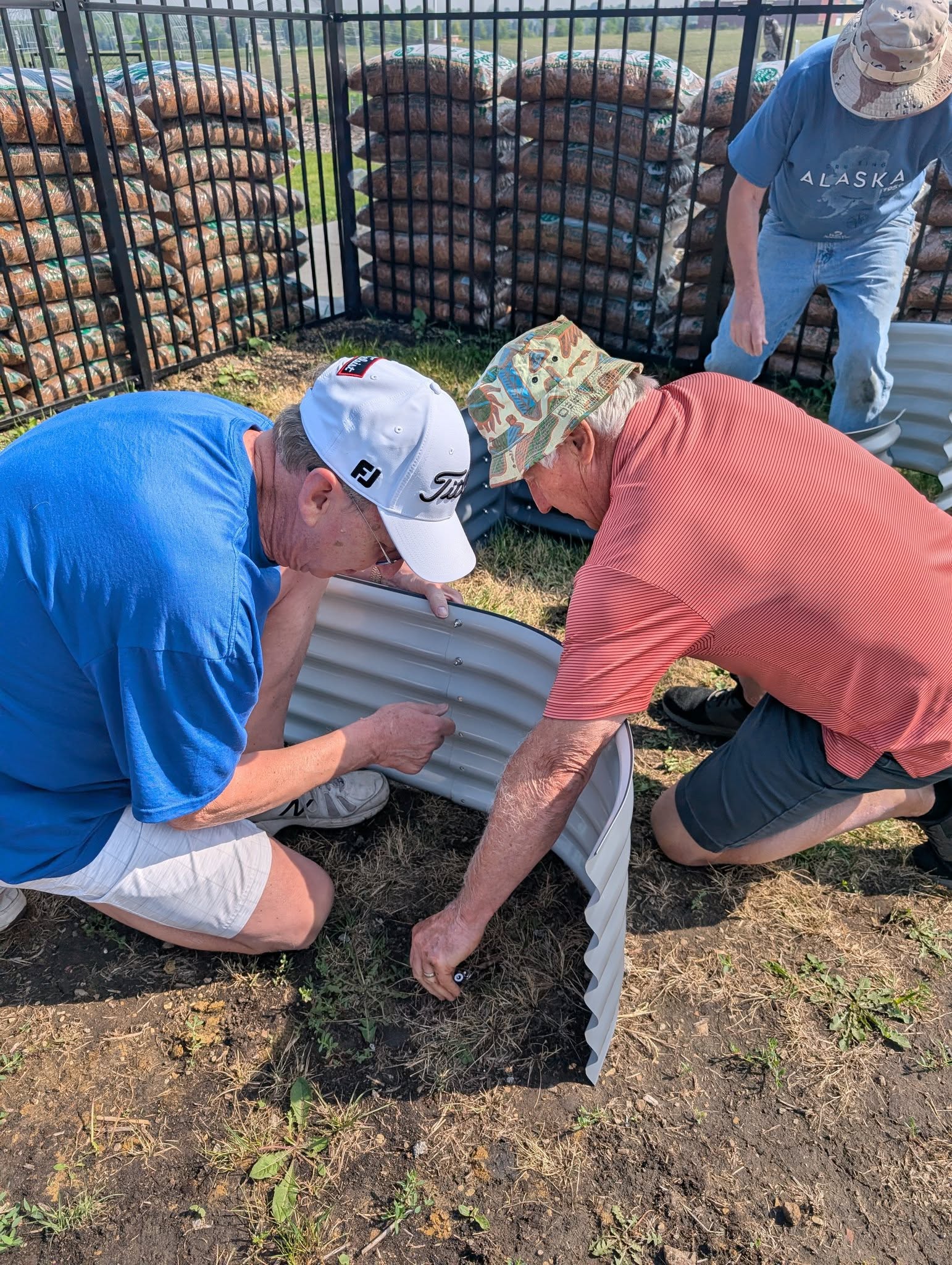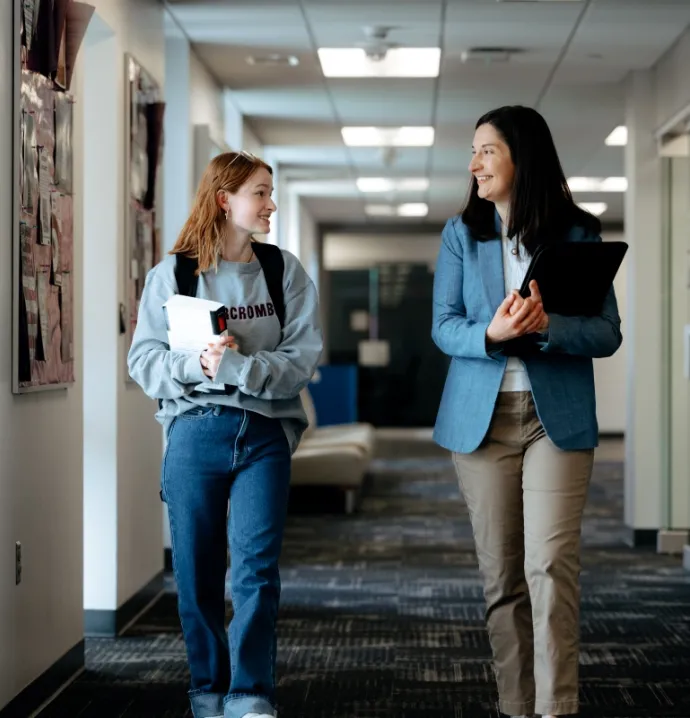UNI professor starts first-of-its-kind health initiative in Iowa for retired men
UNI professor starts first-of-its-kind health initiative in Iowa for retired men

Melinda Heinz, a University of Northern Iowa assistant professor of gerontology, is improving the quality of life of local men, especially those who have retired, with an initiative that is the first of its kind in Iowa.
The concept is Men’s Sheds – gathering places for men to increase social connection, friendships and sense of community. Heinz has been hosting them weekly for nearly a year. Once a month, the “shed” meets on campus, and other weeks in the community for a field trip or volunteer opportunity.
As Heinz explains, the Cedar Valley Men’s Sheds are not just feel-good opportunities, but a key for improving health and well-being.
“We know men who tend to have larger social networks have more support they can rely on, versus men who are very socially isolated are more likely to be at risk for depression and more likely to die sooner,” she said. “With men, we tend to, unfortunately, see very high rates of social isolation and suicide in later life. So Men's Sheds is trying to proactively offset some of those things.”
Weekly activities range from guest speakers and group discussions to tours of local businesses and park clean-ups. The group has covered drones, beekeeping, building raised garden beds and more.
Anyone is welcome to join. While the primary audience is retired men who are seeking hobbies and connections later in life, Heinz says even a couple UNI students are regular attendees!
“When men retire, that transition tends to be more challenging for them,” said Heinz. “So I thought about the older adult retirees in the Cedar Valley and Iowa. Why not provide an outlet and environment for them to help maintain some of that social connection? That's really beneficial to them as they age.”


"I enjoy Men's Shed because I get the opportunity to connect with other men as we navigate life, especially after retiring,” said one attendee. “But I thoroughly enjoy the intergenerational connections as well. I also enjoy it because we get to work together on projects that give back to our community.”
Nick Huinker, a kinesiology major, learned about Men’s Sheds through his work with the Dementia Simulation House.
“It's a highly supportive group of individuals from different journeys of life that socialize through learning and completing volunteer tasks within the community together,” he said. “I continue to look forward to all our future events and building upon the relationships with everyone involved."
Men’s Sheds started in Australia in the 1990s in response to high unemployment and depression rates among men. Heinz personally became interested when she took a group of students at a previous institution on a study abroad trip to Ireland. Before she left, a colleague told her to make time to see the sheds. The country of Ireland has more Men’s Sheds per capita than any other country in the world — more than 450 total! Heinz added the idea to her itinerary, went with her students and was fascinated.
“I couldn’t stop thinking about it,” she said.
She received a Fulbright Scholar award to return to Ireland and study the sheds more extensively. It wasn’t until a few years later at the University of Northern Iowa that she brought what she had learned to the local community. According to Heinz, there are only about 30 or so Men’s Sheds in the United States. The Cedar Valley Men’s Sheds is the first and only in the state of Iowa.
Heinz hopes the men might take more initiative in the future so the sheds can become more self-sustaining, similar to how they are in Ireland. “I feel like people have so much to offer in later life,” she said. “Giving them a platform to share things together and give back to their communities is so important, and if anything, it just makes me think more about how we need more sheds. We need more outlets like this, because a lot of men are hungry for that connection, and eager to give back and keep learning from each other.”
Editor’s Note: Melinda Heinz is always open to ideas for organizing new activities and guest speakers at the shed. If you have ideas or might be interested in sharing a skill or giving a talk to the group, please contact her at melinda.heinz@uni.edu




